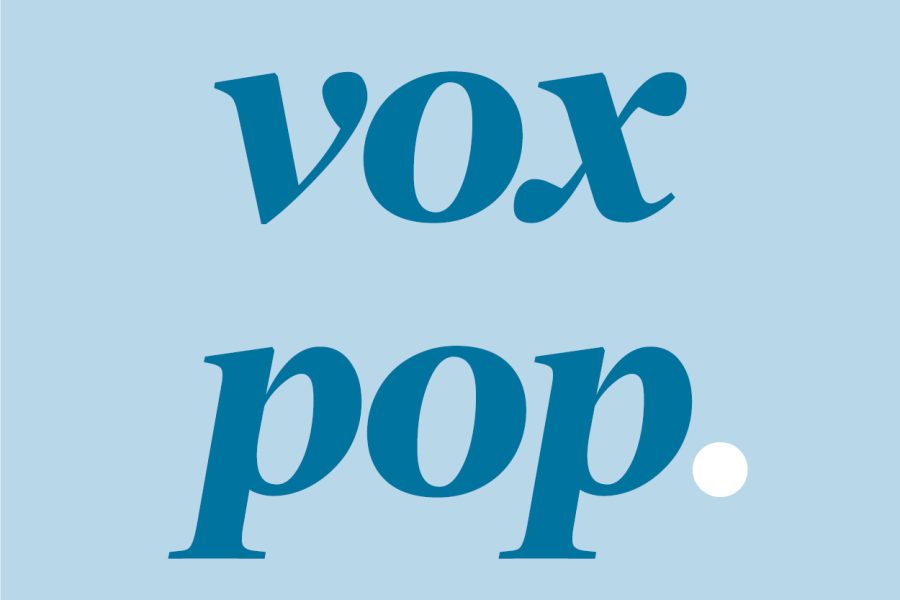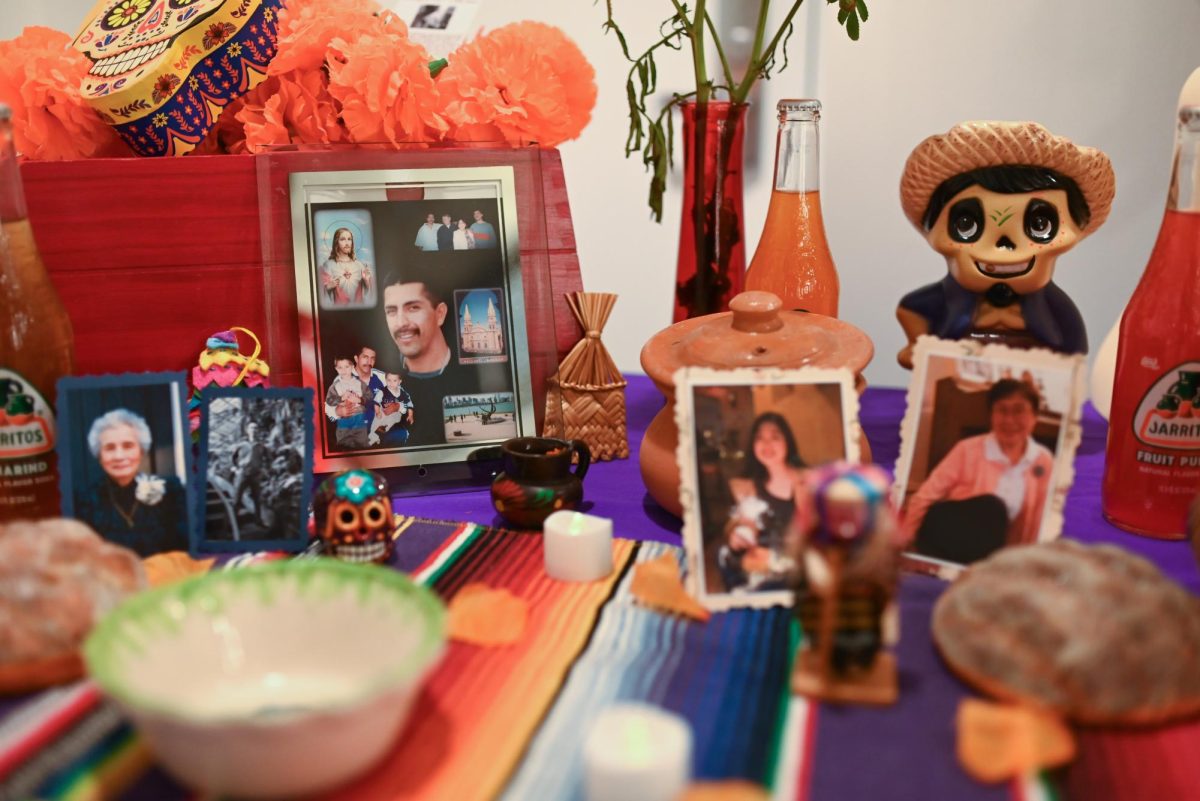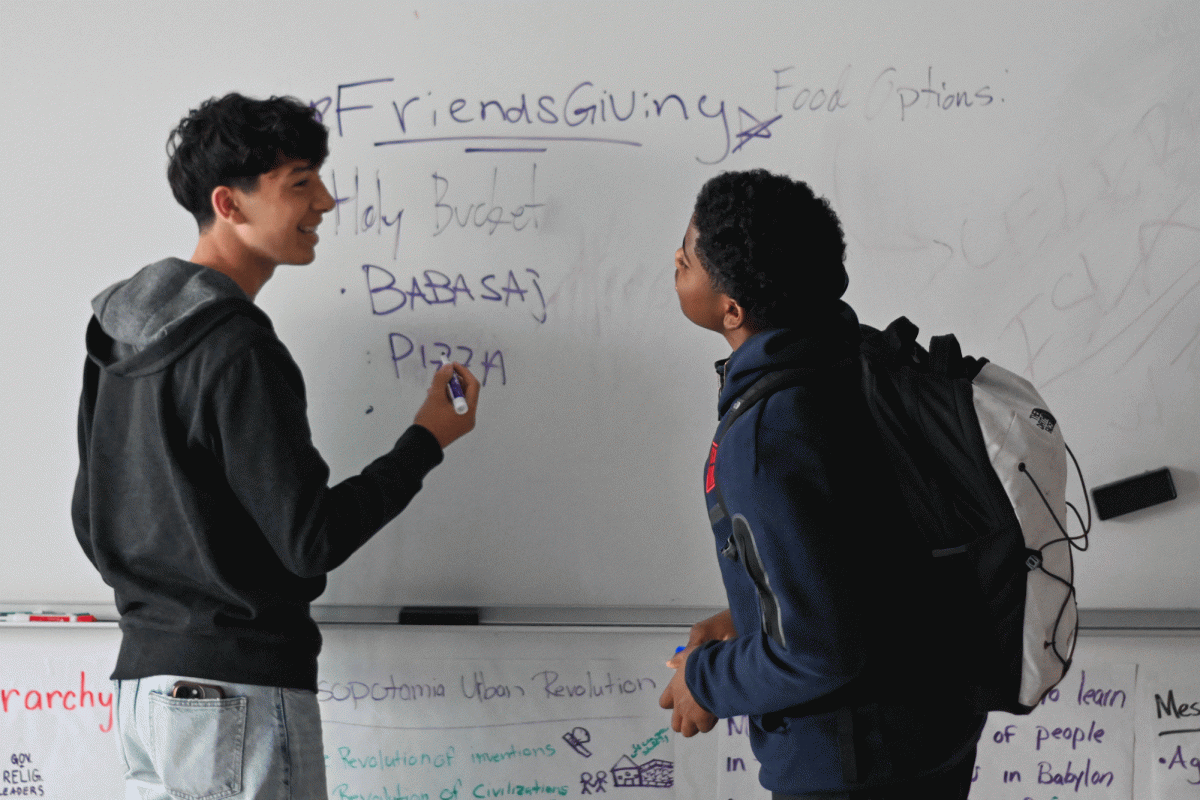Vox Pop: How students deal with celebrity drama
Midway Staff
In this vox pop, we ask U-High students how they deal with the cancellation of celebrities or brands.
September 29, 2022
Question: When a celebrity/company is revealed to have values or taken action that you consider problematic, how do you let that knowledge affect your consumption of their media, product or service?
“In the case of people like actors, I find I don’t care ’cause I don’t really like actors as individual people that much anyways, so I really don’t have a problem consuming media with them in it. It changes for people who are actually in more of a creative position, like authors, directors, writers, screenwriters, because you can see that their ideas usually are baked more into the actual writing. So if you take, like, J.K. Rowling, for example, if you look in the Harry Potter series you can find examples of her bigotry in the actual book, so in that sense I think it’s much harder to separate the art from the artist.”
– Lusia Austen, senior
“My problem with the term problematic is that it can range from being rude to having sexual assault charges. It really just depends on the thing. If it’s something that really isn’t that big of a deal I’ll continue to support that stuff, but if it’s something really bad I’ll probably not.”
– Rohan Chadha, senior
“If it goes completely against my morals to a point where it’s super problematic and impedes on other people, I’ll probably stop listening to that song if that artist gains direct revenue from that product.”
– Maria Razborova, junior
“If I’m following them on social media I unfollow them and then I just kind of forget about them. It’s not really worth my attention or energy.”
– Anokha Nathan, senior
“I’m more likely to cut off from celebrities than I am for corporations because celebrities are easier to cut off from. A lot of times, corporations are so deeply entrenched in our economy through subsidiaries, and it’s basically impossible to really get out of them, but unless it is something I find truly deplorable I am not likely to fully cut. I generally try to stick to more independent creators anyway, but I am not likely to perfectly and fully cut ties.”
– Aaron Moss, junior
“Well first off, it really depends on the celebrity and instance. I think to generalize my response or action to the actions of a celebrity or company would be futile. But I think that for a company, at least if a company does something hateful so to speak, for example, I have a particular vendetta with Chic-fil-A’s owner and their homophobic beliefs, so I tend to not venture to Chic-fil-A. Ever. I think it affects me pretty heavily when there’s hate involved.”
– Max Mathias, junior
“I probably would just just not follow them anymore or like them anymore because I think that if they have a bad opinion they shouldn’t be the face of the internet.”
– Isolde Wedemeyer, sophomore
“The first thing I would do is stop consuming their media, and I would stop interacting with that, whoever they may be because I don’t need to be associated with that.”
– Asher Dennis, ninth grade
“If it’s a music artist or something I would still listen to their music. If it’s a sports player, maybe I wouldn’t like them as a person, but if it’s someone who just generally creates media, like if it’s a movie actor or musician, I’ll still consume their media, like separate the media from the artist themself.”
– Nyel Khan, sophomore
“I would just avoid interacting with their content, or if I follow them I’d unfollow them, and just overall stop supporting their content.”
– Alishba Shah, ninth grade












